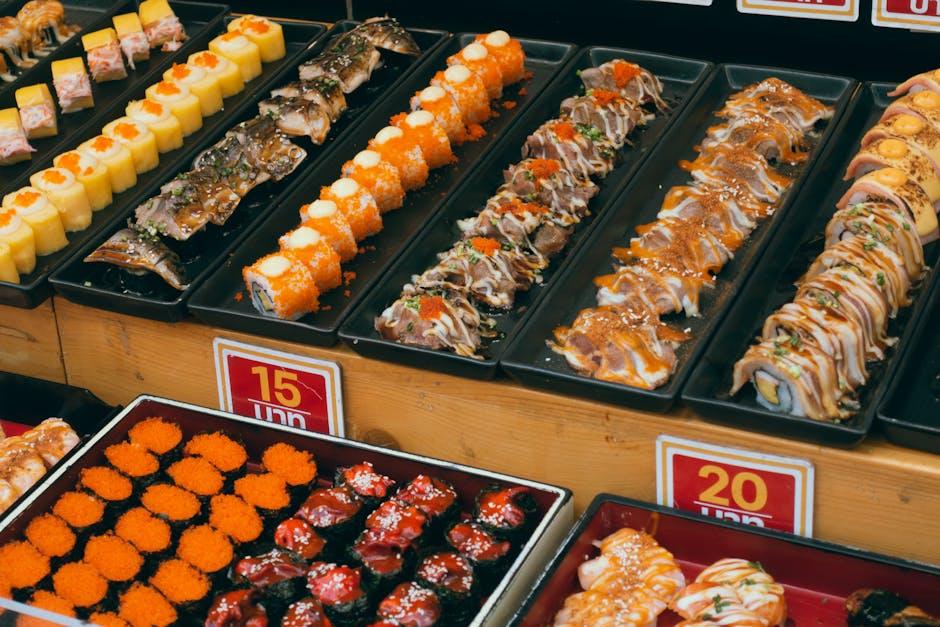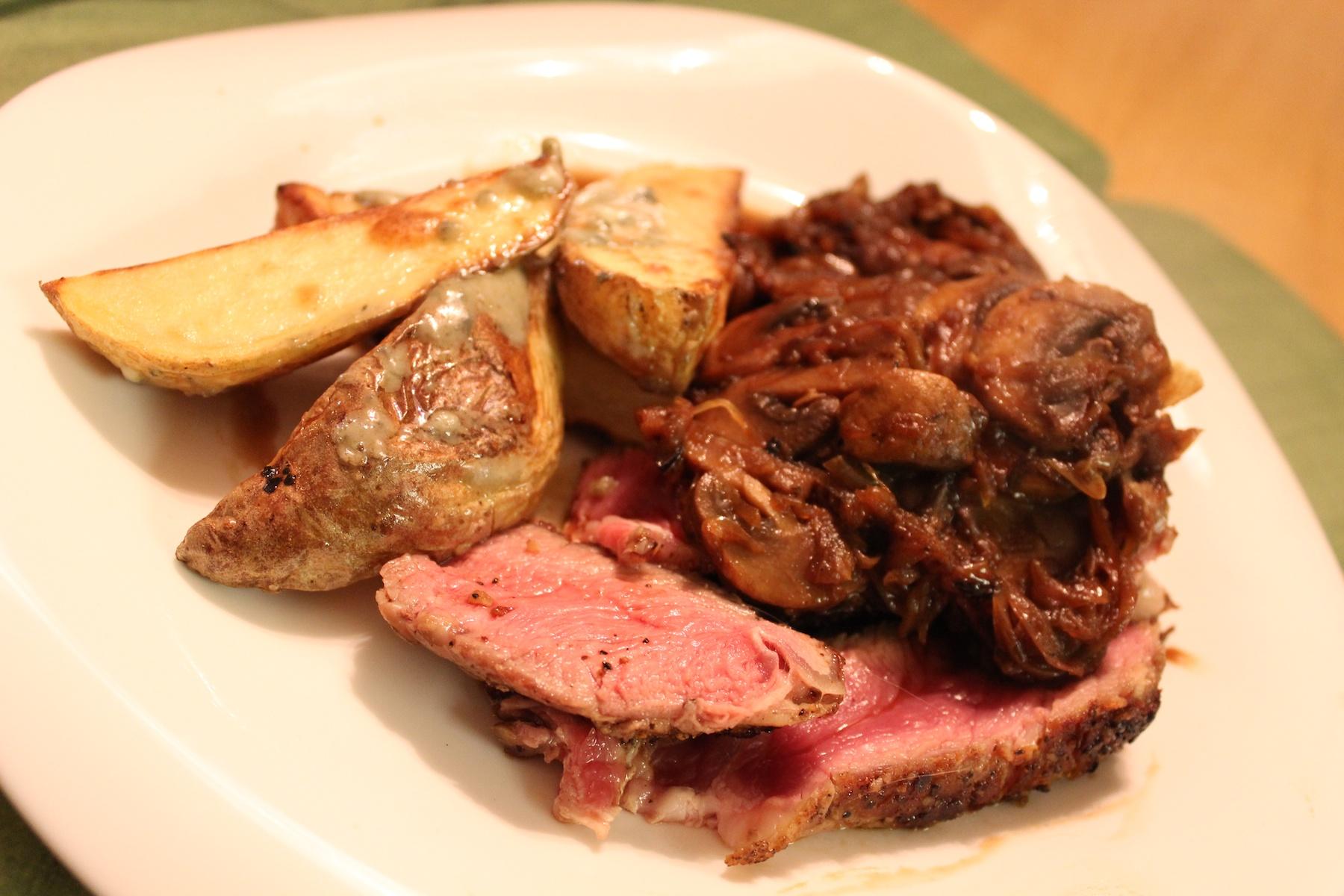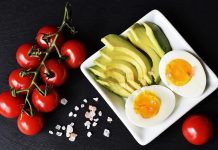In a world where the cost of living seems to rise as steadily as the morning sun, maintaining a balanced diet often feels like an elusive goal reserved for those with abundant resources. Yet, the art of crafting a nutritious and budget-friendly meal plan is not just a distant dream but an achievable reality for all. This article delves into the heart of creating a balanced diet that satisfies both your nutritional needs and your wallet, transforming the kitchen into a sanctuary of health and affordability. As we explore innovative strategies and practical tips, you’ll discover that eating well doesn’t have to break the bank—it simply requires a dash of creativity and a pinch of planning. Welcome to the world of budget-friendly balanced eating, where nourishing meals and financial mindfulness coexist harmoniously.
Crafting Nutritious Meals Without Breaking the Bank
Finding ways to eat well without overspending is easier than you might think. Start by incorporating whole grains such as brown rice, oats, and whole wheat pasta, which are not only affordable but also packed with nutrients. Legumes like lentils, chickpeas, and black beans are another excellent choice; they’re rich in protein and fiber, keeping you full and satisfied. Embrace seasonal fruits and vegetables, as they tend to be less expensive and at their peak flavor. Consider these staples as the foundation of your meals:
- Oats for a hearty breakfast or even savory dishes.
- Frozen vegetables, which retain their nutrients and can be used in a variety of recipes.
- Canned tomatoes, a versatile ingredient for soups, stews, and sauces.
- Eggs, an affordable source of protein that can be prepared in numerous ways.
Incorporate these budget-friendly items into your weekly meal planning. Experiment with different herbs and spices to add flavor without extra cost. Cooking at home not only saves money but also allows you to control the ingredients, ensuring each meal is both healthy and delicious.

Savvy Shopping Tips for Affordable Ingredients
Transforming your grocery list into a treasure trove of affordable, nutritious ingredients is easier than you think. Start by exploring local farmers’ markets, where you can often find fresh produce at a fraction of supermarket prices. Buying in bulk is another great strategy; staples like grains, beans, and nuts are often cheaper when purchased in larger quantities. Don’t overlook the power of seasonal shopping—fruits and vegetables in season are not only tastier but also more cost-effective.
- Plan meals around sales and discounts. Check weekly flyers or use apps that track price drops.
- Embrace store brands. These often provide the same quality as name brands but at a lower price.
- Consider meatless meals a few times a week. Plant-based proteins like lentils and chickpeas are budget-friendly and nutritious.
- Preserve and store. Freeze fresh produce or batch-cook meals to prevent waste and save time.
By implementing these savvy strategies, you’ll not only keep your diet balanced and budget-friendly but also add variety and excitement to your culinary adventures.

Maximizing Nutrition with Cost-Effective Cooking Techniques
Embracing cost-effective cooking techniques can transform the way you approach meal preparation, ensuring that nutrition is maximized without breaking the bank. Start by incorporating whole grains such as brown rice, quinoa, and oats, which not only provide essential nutrients but also offer a high yield per serving. Utilizing seasonal produce can also enhance both flavor and nutritional value. Visit local farmers’ markets or join a community-supported agriculture (CSA) program to access fresh, affordable fruits and vegetables.
- Batch Cooking: Prepare large quantities of staple foods like beans, lentils, and soups, then freeze them for easy future meals.
- DIY Spice Blends: Create your own spice mixes to add depth to dishes, reducing the need for costly pre-packaged options.
- Utilize Leftovers: Reinvent leftovers into new meals, such as turning roasted vegetables into a hearty frittata or transforming cooked grains into a vibrant salad.
Another savvy strategy is to focus on plant-based proteins, which are often more affordable than animal proteins while providing essential amino acids. Incorporate ingredients like tofu, chickpeas, and nuts into your meals. By employing these techniques, you can ensure that your diet is not only balanced and nutritious but also financially sustainable.

Smart Meal Planning for a Healthier Wallet and Body
Embarking on a journey towards healthier eating doesn’t have to drain your bank account. With a bit of strategic planning, you can enjoy a nutrient-rich diet that’s both satisfying and economical. Start by prioritizing whole foods such as fruits, vegetables, grains, and lean proteins. These staples not only provide essential nutrients but also often come at a lower cost when purchased in bulk. Consider integrating plant-based proteins like beans, lentils, and tofu into your meals, as they are generally more affordable than meat and equally nutritious.
- Plan your meals for the week to avoid impulsive buys and food waste.
- Shop seasonally to benefit from lower prices and better flavors.
- Cook in batches to save time and energy, and freeze portions for future meals.
- Embrace leftovers by creatively reinventing them into new dishes.
- Explore local markets for deals on fresh produce and other essentials.
By implementing these simple yet effective strategies, you can maintain a diet that’s as kind to your wallet as it is to your body, ensuring you stay nourished without overspending.
Key Takeaways
In the grand tapestry of life, food is not just sustenance but a vibrant thread that weaves together health, culture, and community. is more than a mere exercise in frugality; it is a celebration of creativity and resourcefulness. By embracing the art of mindful shopping, exploring the culinary potential of humble ingredients, and savoring the diverse flavors of home-cooked meals, we embark on a journey that nourishes both body and soul. As we close this chapter, let us carry forward the wisdom of making thoughtful choices, where every bite is a testament to our commitment to health, happiness, and harmony. Bon appétit!


































